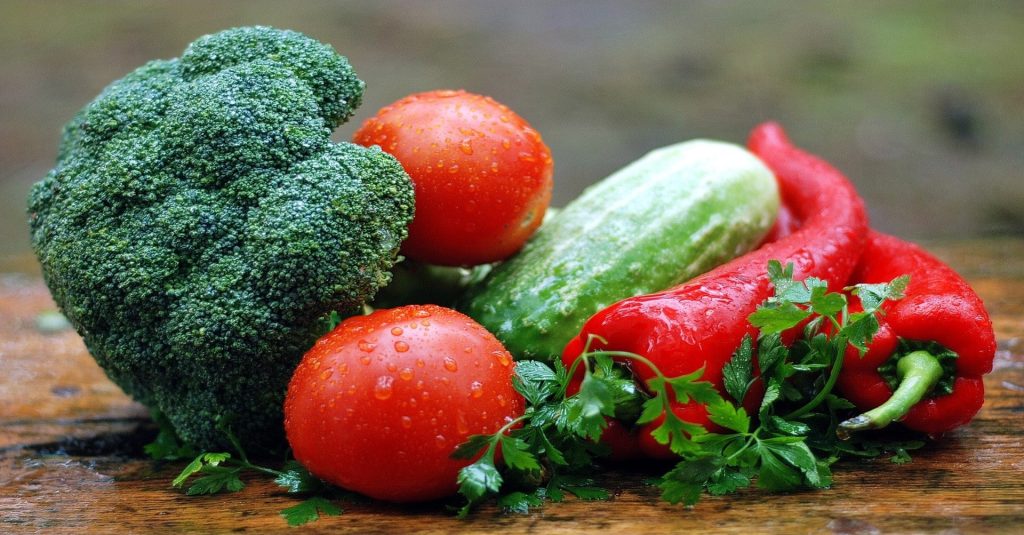Question: When is a tomato not a tomato? Answer: When it is a Croatian tomato.
Confused? Well, if you’re from Croatia and never much left the country or region, you might be. But, if you’re from western Europe or America and you’ve enjoyed a visit to Croatia, you’ll know exactly what this means. As will any Croats who have emigrated to supposedly more ‘developed’ parts of the world. Food just doesn’t taste the same in those places.
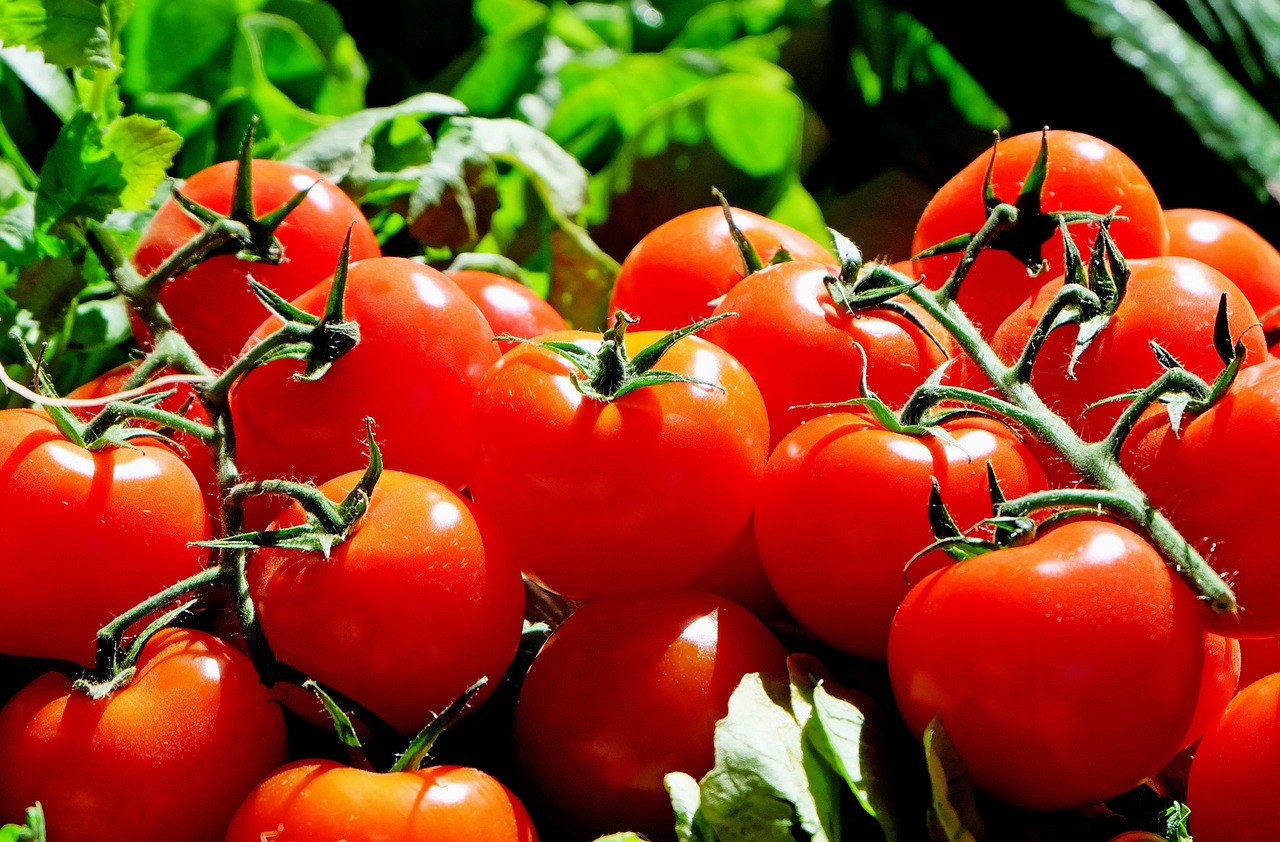 The efforts of small-scale producers, family afrmers and those preserving distinct, traditional crops help give Croatia’s produce and cuisine its unique reputation and flavour
The efforts of small-scale producers, family afrmers and those preserving distinct, traditional crops help give Croatia’s produce and cuisine its unique reputation and flavour
As TCN touched on in our recent feature about food prices in Croatia (and its impact on health), in the supermarkets of western Europe and in America, everything is available, all of the time. People live in a globalised marketplace where seasonal availability is meaningless when your country and its giant supermarket brands have the power to export from anywhere. But, though everything is always available in these supermarkets, not everything on display is what it seems to be.
In Dalmatia, they like to pride themselves on a generally very simple approach to cooking. Good olive oil, salt, maybe a dash of fresh lemon, garlic and parsley is all you need to make a meal sing. And the surprised, delighted faces of their customers tell them they are right. But, that’s far from the full story. It is not the simple approach to seasoning, spicing and condiments alone that brings Dalmatian cuisine to life, it is the base ingredients themselves.
The blitva (chard) stewed in potato, that so easy yet unreproducible shredded cabbage salad, and the similarly simple tomato salad are spectacular to visitors because their main ingredients sing. They sing in way that vegetables bought in supermarkets in western Europe and America do not. They do so because, in Croatia, you can easily choose to eat locally grown, seasonal vegetables and fruits. And these taste a whole lot better than the industrially farmed products that line the shelves in other regions. That’s why, in Croatia, a tomato still tastes like a tomato. Whereas a tomato from a supermarket elsewhere tastes like… nothing.
Countless unclassified regional varieties of vegetables and fruits, often grown by small-scale producers or on family farms (OPGs) help give Croatia’s produce and cuisine this incredible reputation among visitors. But, as the multi-billion dollar, globalised industry of farming-without-season extends its grip around the world, it is the rights of these distinct farmers which is most at threat.
The European Union is attempting to change its laws and directives for the regulation of seed use within all member states. Pressured by the enormous powers of the global agricultural industry, and partially in an attempt to protect its farmers, it wishes to adopt new laws or regulations to replace extremely outdated earlier versions. Pre-empting this change, a law has been put before the Croatian parliament which seeks to regulate seed use in Croatia. It’s a rather complicated piece of legislation and is currently only at the stage of proposal.
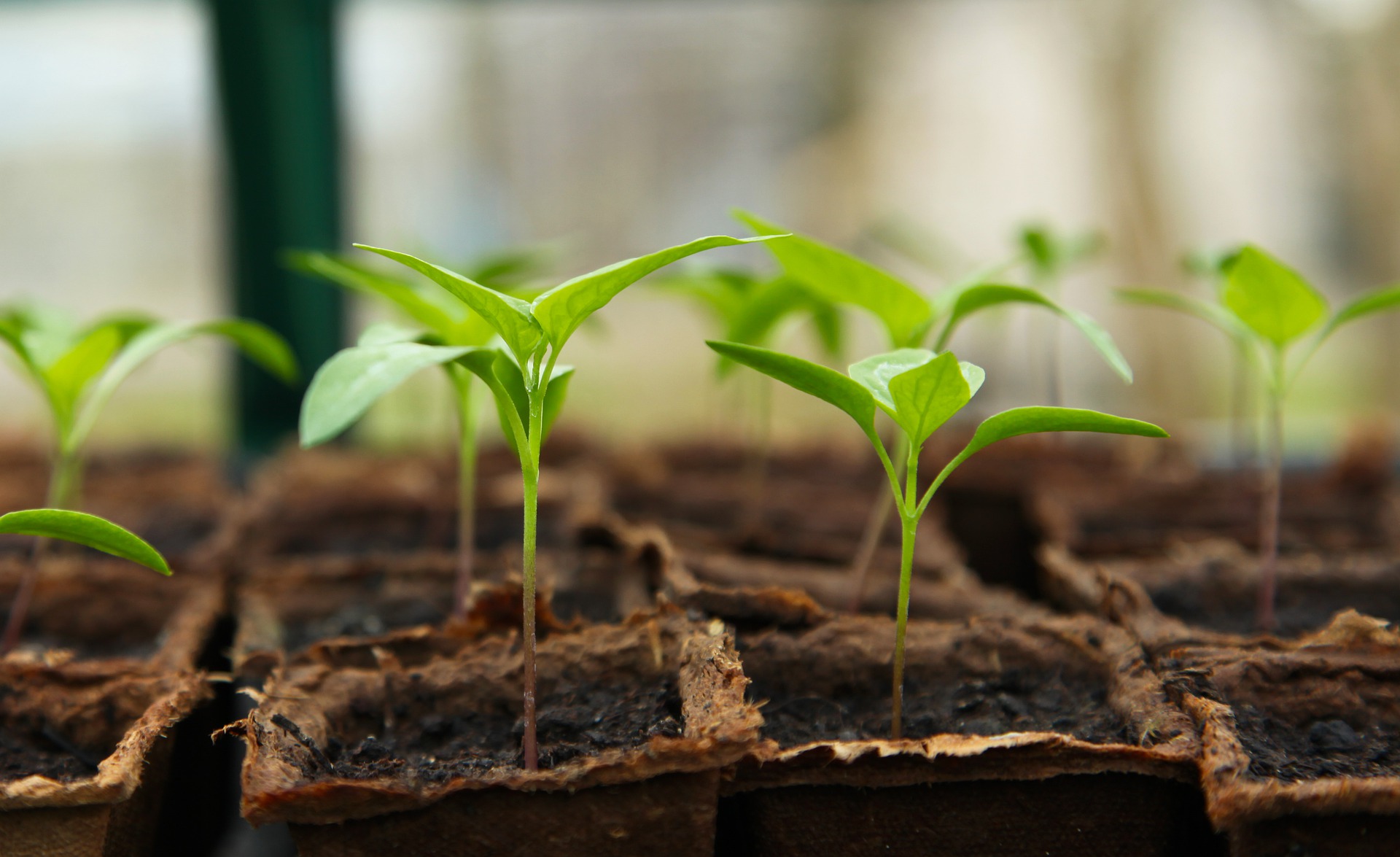 Changes to the laws of seed registration at a national and EU level, partly in response to the demands of the globalised agricultural industry, threaten Croatia’s produce and cuisine
Changes to the laws of seed registration at a national and EU level, partly in response to the demands of the globalised agricultural industry, threaten Croatia’s produce and cuisine
Monitoring the proposed changes are an army of environmental activists, small-scale producers, family farmers, gardeners and concerned citizens. Spearheaded by three organisations – The Croatian Organic Farmers Association, Life – an organisation of small scale farmers, and Bio-Garden, an organisation made up of gardeners and seed savers – a petition has this week been put before the Croatian parliament objecting to several elements of the proposed new legislation. Earning the support of some 77 Croatian organisations, including farming groups, cattle breeders, plant growers, a network of environmental organisations, permaculture initiatives, gardeners’ organisations and even the Chamber of Agriculture, which includes all the farmers inside Croatia, the petitioning of parliament has galvanised many different people in its objection. They say that the proposed new legislation will remove the rights and freedoms of small scale producers and family farms to use their own seeds. This will radically affect Croatia’s produce and cuisine.
It is doubtless that there is a worldwide trend, pushing everyone who grows towards buying seeds from globalised agricultural giants. And so, while the response from a broad group of those immediately concerned is impressive enough, awareness of the issue needs to extend much further. It should include every Dalmatian tavern owner and chef who delights a foreign visitor. It should include every single person in Croatia who buys food from a public marketplace. It should include everyone who takes pride in home cooking. It should include the entire tourism industry of Croatia and every visitor to Croatia who has ever enjoyed the food here. Because it is the very distinctive, authentic and traditional nature of Croatia’s produce and cuisine that is at stake. Croatia is at real risk of losing the flavour of its food.
“Let me start 10, 000 years ago, when agriculture first started. That’s when people learned how to save seeds,” explains Sunčana Pešak, a graduate of Zagreb University’s Agriculture Faculty and a member of the three combined groups objecting to the proposed new law. “What these people learned was to save the seeds only from the best part of the harvest. That’s what they would use to grow the next season. That’s how farming always was. And, it’s the way that we got all of the genetic diversity of all the grown foods we eat.”
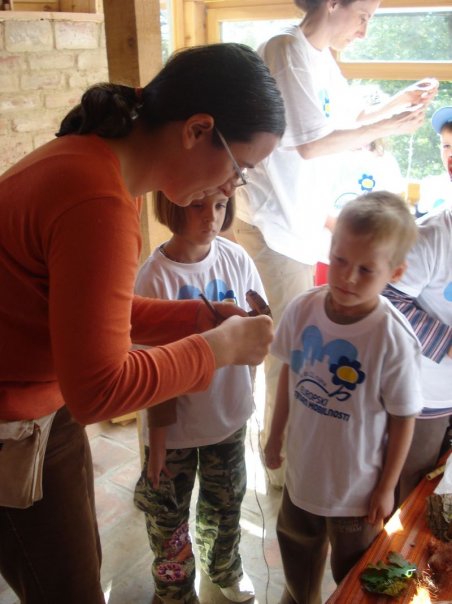 Sunčana Pešak, a graduate of Zagreb University’s Agriculture Faculty and a member of the three combined groups defending Croatia’s produce and cuisine by objecting to the proposed new seed law
Sunčana Pešak, a graduate of Zagreb University’s Agriculture Faculty and a member of the three combined groups defending Croatia’s produce and cuisine by objecting to the proposed new seed law
That way of saving seeds still exists. It’s what all gardeners and small-scale farmers use. But, now there is something new – industrial farming. They have a different way of saving seeds. This involves a scientific approach to breeding and an industrial approach to growing and harvesting. This is problematic because only around 10 companies in the whole world own the rights to the scientifically manufactured seeds used on this scale of farming. They own the patent rights to the seeds they have created. And, they always want their profits from their seeds being used. These companies are the same ones who produce the chemicals used in industrial farming. They control most of the seed market all over the world.”
The current problems facing small-scale producers and family farmers, brought to a head by the proposed new law in Croatia, essentially come from a clash between industrial-level seed breeders, who control the global market and who demand royalties on their patented seeds, and farmers who just want to grow.
“The term ‘Seed variety’ itself is a commercial term,” explains Sunčana. “This is something that can be described and catalogued as distinct. All of the plants and their fruits needs to look the same to be identified as this variety. In this way, it can be marketed. But, for people who grow from their own indigenous seeds, in their own traditional ways, their crop is much more diverse.”
“For example, in Croatia, before seed breeding started, people just grew from their own seeds. They would exchange seeds among themselves and eventually each village had its own unique varieties of crops. You could go 20 minutes down the road and the carrots that were grown in the next village were completely different to the ones you grow in your own. Some of the carrots were big, some small, some looked weird, some took on a white colour because they mixed with the wild-growing varieties. Also, as a small producer, you might employ the use of a combination of seed. You plant it and when it grows you get completely different kinds of plants. People might have a winter mix and a summer mix. It ensures diversity in growing and in the diet. Even with grains, by planting a mixture you might ensure a harvest is more resistant to a pest or a weather intervention. One element of the proposed new law would prevent those kinds of mixtures being planted and we would lose completely the initiative and experience of farmers who do so.”
“They proposed new seed law seeks to regulate everything. The demands asked of small scale farmers under it are the same one asked of industrial-scale farmers – they are all placed on the same footing. If you want to use a seed of your own, you have to register those traditional varieties in a system that is currently undefined. Why? Just let people grow. It is their right.”
The groups objecting to the proposed new law in Croatia have found some allies in their fight. Small scale producers and the owners of family farms around the world have been battling against the monopolisation of the farming industry by a handful of globalised giants for many years. They are organised and have teams of lawyers working on their behalf. They have lent support to Croatia’s collective of objectors in their fight, helping to point out that the new proposed law goes against the rights not only of EU citizens but against global human rights. “States shall recognize the rights of peasants to rely either on their own seeds or on other locally available seeds of their choice, and to decide on the crops and species that they wish to grow.” says the United Nations Declaration on the Rights of Peasants and Other People Working in Rural Areas.
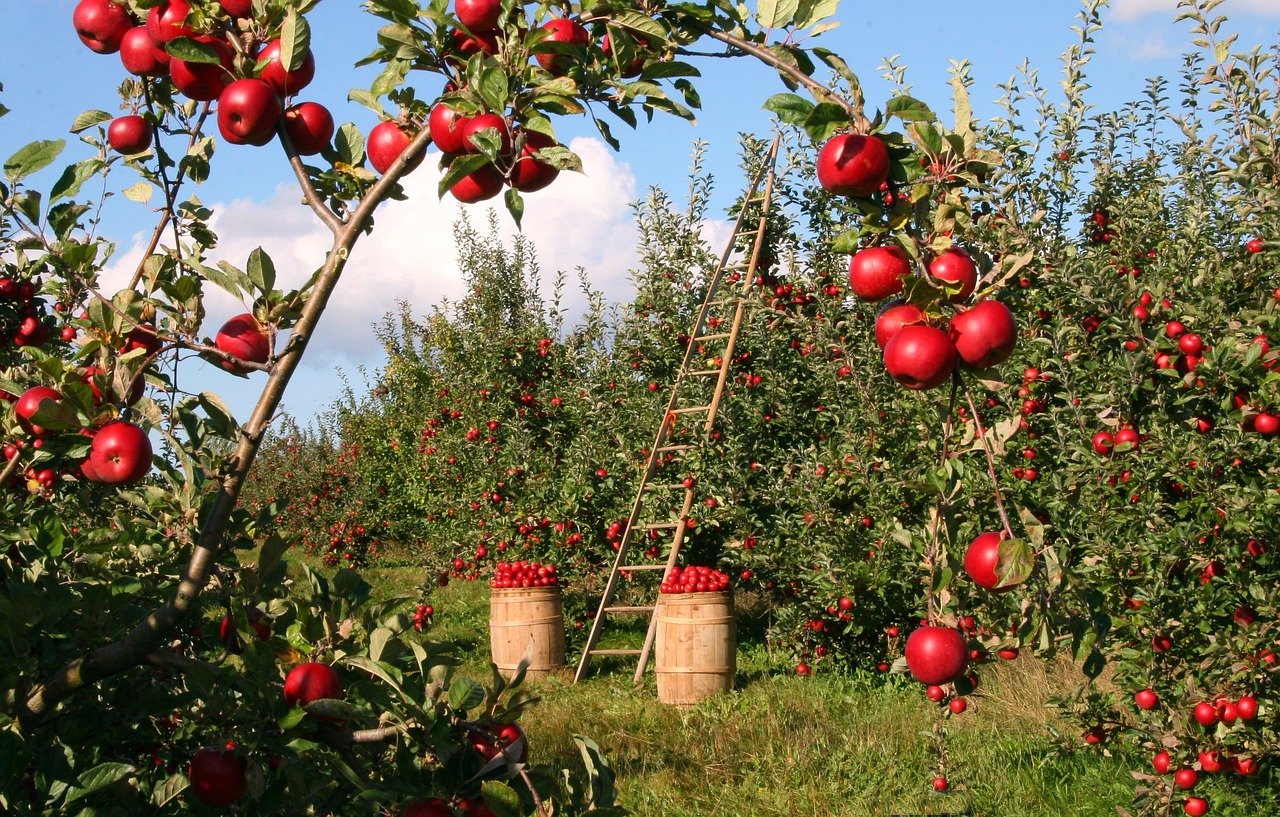 Traditional farming and time-honoured seed varieties help make Croatia’s produce and cuisine unique in Europe. Croatia currently stands strong against the pressure from globalised agriculture to accept GMO produce. Can it stand as strong against its demands for new registrations of seeds?
Traditional farming and time-honoured seed varieties help make Croatia’s produce and cuisine unique in Europe. Croatia currently stands strong against the pressure from globalised agriculture to accept GMO produce. Can it stand as strong against its demands for new registrations of seeds?
“The risk is huge,” says Sunčana, when asked what might happen to Croatia’s produce and cuisine if the proposed new law passes without objection. “In just the last 100 years we lost 75% of our genetic biodiversity. That happened quite simply because people started buying seeds instead of saving them and then growing their own. All of the seeds that are now grown are quite alike. They take varieties that are proven to be the best, to grow to a maximum yield, to be resistant to pests and weather and which can grow successfully in all the different climates of the world. These are varieties that are standardised, well suited to industrial farming – they all ripen at exactly the same time, assisting mechanised harvesting. But, that logic does not always suit small scale farms, where you might need to grow from seeds whose plants reach maturity over an extended period. This gives you many weeks of opportunity to harvest and to sell on different market days.”
But, it isn’t just a loss to the convenience of family farmers that would be enforced by the new law. Nor it is solely a matter of losing the tastes of traditional varieties of vegetables and fruits within Croatia’s produce and cuisine. The loss to our collective health from this massive reduction in the variety of genetic biodiversity in our diet is currently unknown. Future effects could be catastrophic. Not only that, we could rapidly be losing crop varieties that might better adapt to the new conditions that will be imminently brought about by climate change.
“People with small farms already have enough trouble dealing with bureaucracy and administration. There’s no way that all of Croatia’s growers will go through the timely ordeal of registering every seed we have,” explains Sunčana, detailing another stipulation that lies within the proposed new change of law. If growers don’t wish to register their own distinct varieties – which may have been preserved within their families or communities for generations, they always have the option of going to the National seed bank and taking from there, seeds that have already been registered. Unfortunately, only 27 such seeds exist within Croatia. And the seed bank can only supply such a small amount that it may take a small scale farm several years to build up the supply they need for their business.
The proposed new change of law in Croatia is extremely complicated, as will be the procedures and demands on growers if it passes. The change in seed regulation at an EU level could be similarly restrictive to non-industrial farmers and growers. But, though it is the Croatian government – and then the lawmakers of the EU – who will be addressed by the objections of farmers, growers, gardeners and biodiversity organisations, it is ultimately the profits of a small cabal of globalised and increasingly industrial agricultural/chemical giants which lie at the heart of the demand for change. They are a force of near incomparable strength.
On the surface, the issue of seed regulation might appear to really matter only to those who have a small to medium-sized business growing tomatoes or similar. But, the reality is that this issue concerns us all – everyone who puts a tomato on their fork, on their children’s plate or on the table of an overseas visitor who will never forget the distinct flavour of Croatian food. It is the flavour of the future, and the reputation of Croatia’s produce and cuisine, for which the fight is currently being made.

